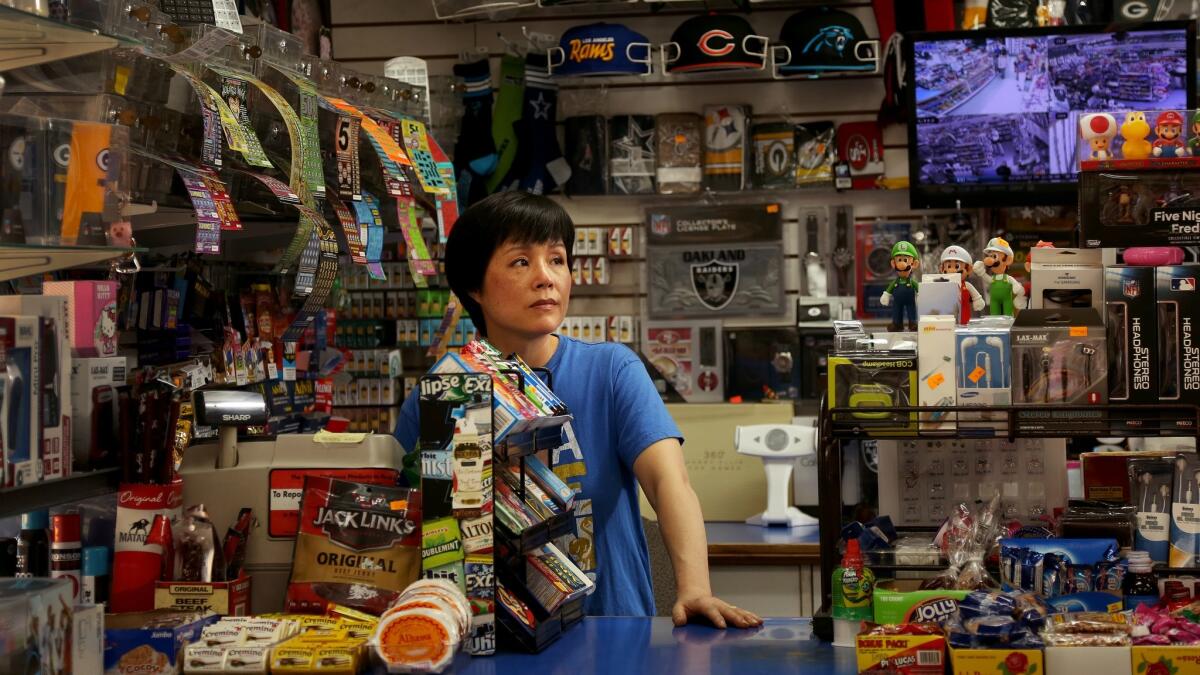Electric Literature’s Bodega Project is the literary counterpoint to the tech start-up

Online literary magazine Electric Lit’s recent Bodega Project is an appreciative counter to the new tech firm called Bodega.
Launched by two ex-Google staffers, Bodega (the start-up) received some harsh criticism this week for threatening the beloved corner stores. The company aims to install 5-foot-wide boxes stocked with non-perishable pantry items across the country; automated, they are unlocked with an iPhone.
If you think that sounds a little impersonal, even sterile, for being named after mom and pops frequently inhabited by adorable cats, you’re not alone. Critics warn that their model could hurt actual immigrant- and minority-owned businesses, and that their branding itself is culturally insensitive.
“Real bodegas are all about human relationships within a community,” said Frank Garcia, the chairman of the New York State Coalition of Hispanic Chamber of Commerce, who represents thousands of bodega owners, to Fast Company.
Community, connection, narrative — those common threads unite Electric Lit’s Bodega Project, a 10-essay series in which New York City authors including Mira Jacob, Tracy O’Neill and Anelise Chen wrote personal portraits of their local bodegas. The series launched in June.
“Bodegas represent so much a neighborhood’s mood and energy,” writes Kristen Radke in “Earning a Spot in the Neighborhood,” about a bodega in Crown Heights. “It’s a mark of belonging to know not only the kinds of Sour Patch Kids a bodega stocks, but also the proprietor’s name, and the names of his kids.”
In “A Cultural Oasis Inside a Bronx Bodega,” Charlie Vázquez writes, “the first bodega I remember going to in the 1970s... was a treasure box of Puerto Rican culture.” He adds, “it was in these family-owned corner stores that knowledge of my family’s roots in the Caribbean was enhanced.”
Electric Literature publishes fiction, essays, book news and literary criticism but is relatively new to cultural criticism. In its Bodega Project, editors Anu Jindal and Dwyer Murphy wrote that “to look at any of the contemporary forces shaping the city — whether it’s gentrification, immigration, or economic inequality — one often doesn’t have to go further than to the shop on the corner.”
More to Read
Sign up for our Book Club newsletter
Get the latest news, events and more from the Los Angeles Times Book Club, and help us get L.A. reading and talking.
You may occasionally receive promotional content from the Los Angeles Times.







